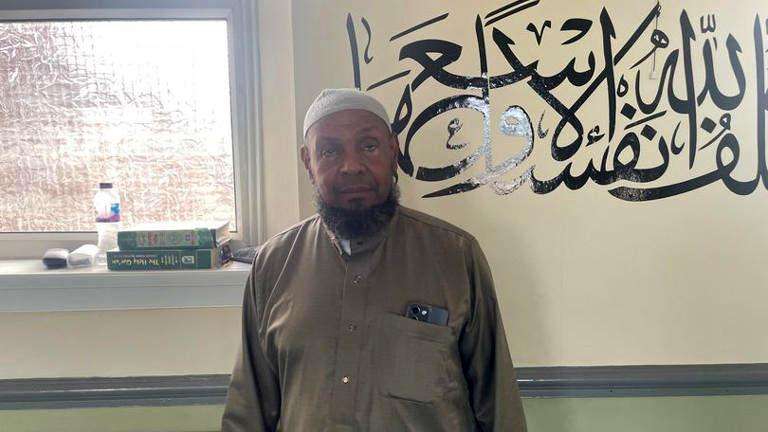As worshippers gather for the sacred month of Ramadan, the General Authority for the Care of the Affairs of the Grand Mosque and the Prophet’s Mosque has unveiled a comprehensive operational plan to accommodate the millions of pilgrims and visitors expected during this holy period.
With the anticipated surge in attendance, the authority has significantly expanded its services and logistical arrangements, ensuring a smooth and spiritually fulfilling experience for all.
From the moment they enter the holy sites, worshippers will find an environment carefully designed for comfort and devotion. Over 5.5 million iftar meals will be distributed throughout the month, allowing visitors to break their fasts with ease. Additionally, 20,000 containers of Zamzam water will be made available, ensuring every pilgrim has access to the blessed drink.
To support long hours of prayer, 33,000 new prayer rugs have been placed across the mosque’s courtyards. For elderly worshippers and those with mobility challenges, 10,000 hand carts and 400 electric golf carts will be provided, facilitating smooth movement within the mosque premises.
A newly introduced initiative includes five mobile stations for tahallul (the ritual cutting of hair), allowing pilgrims to complete this essential rite within the mosque itself. These stations will feature mobile barber services, ensuring efficiency while maintaining hygiene and safety standards, even during peak times.
For the first time, the authority has implemented a luggage storage and tracking system, featuring two central storage hubs and six designated drop-off locations near the main entrances. This system is designed to enhance convenience and streamline baggage handling, making the worship experience more comfortable.
To better serve families, the Grand Mosque will expand child hospitality services with three dedicated hosting centers. These centers will offer religious, cultural, and educational activities, allowing parents to focus on worship with peace of mind.
In preparation for an increase in those observing i'tikaf (spiritual seclusion), the mosque will provide enhanced facilities, including dedicated spaces, improved accessibility, and additional guidance materials for worshippers.
The Ramadan plan also emphasizes infrastructural and environmental improvements. Comprehensive maintenance has been carried out on escalators, elevators, ventilation, sound, and air conditioning systems to ensure uninterrupted functionality. A specialized team will monitor weather conditions and respond promptly to environmental changes, such as rainfall.
To assist worshippers in navigating the expansive mosque complex, hundreds of directional signs have been installed, complemented by multilingual on-ground guidance teams. A new “Mobile Guides” initiative will also deploy trained personnel throughout the premises to provide real-time assistance.
Hygiene and cleanliness remain a top priority, with enhanced sanitization efforts in prayer areas, restrooms, and high-traffic zones. Specialized equipment has been deployed to ensure cleanliness, while cooled and non-cooled Zamzam water will be available at multiple distribution points.
Beyond logistical enhancements, the mosque will also expand its cultural and educational offerings. The “First House” exhibition, located in the latest expansion area, will feature interactive digital displays and rare artifacts that illustrate the history of the Kaaba. Visitors will also have the opportunity to explore the King Abdulaziz Complex for the Kiswa (Kaaba Covering), gaining insight into the intricate craftsmanship behind the sacred cloth.
The mosque’s digital transformation continues to evolve, with QR codes granting instant access to religious texts, prayers, and instructional videos for spiritual guidance.
With more than 11,000 personnel working around the clock, crowd management, coordination with relevant agencies, and the overall worship experience will be carefully overseen, ensuring that every visitor can pray in peace and comfort.
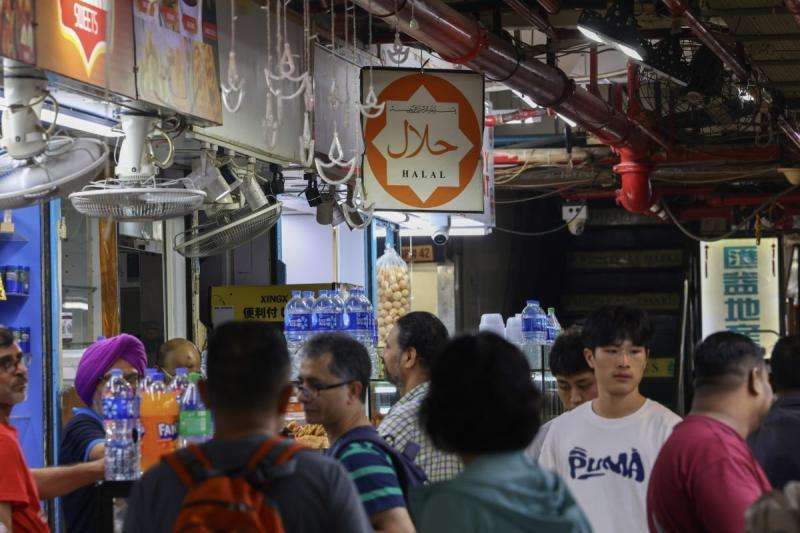

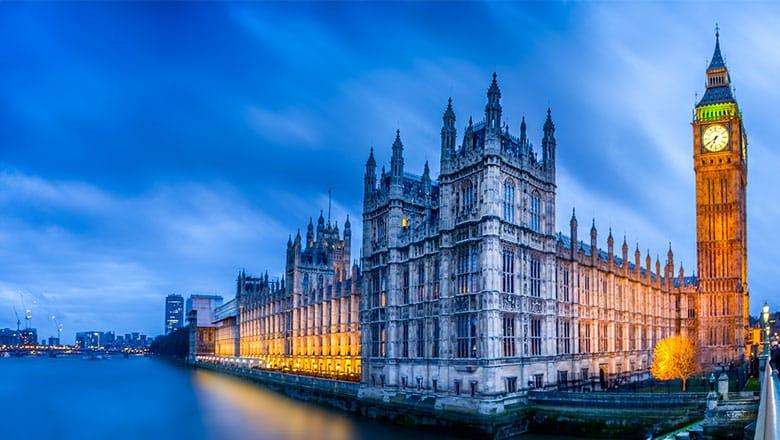
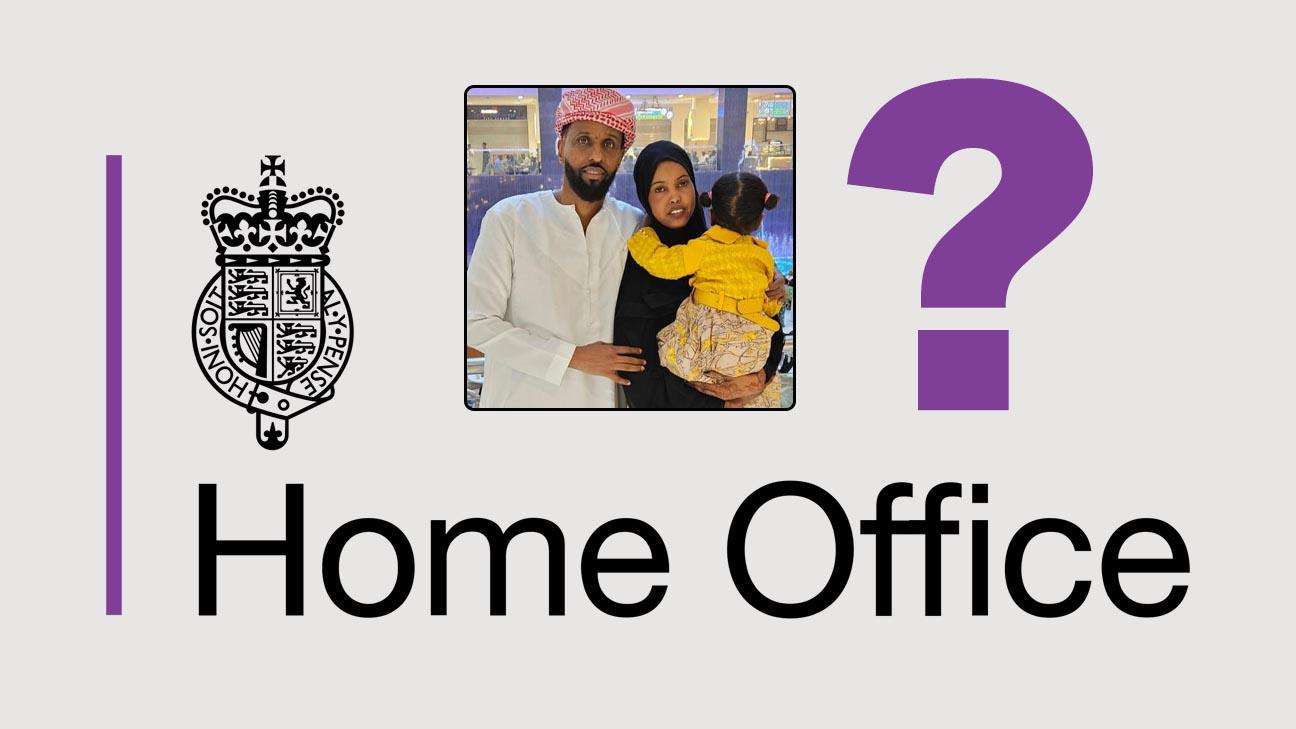
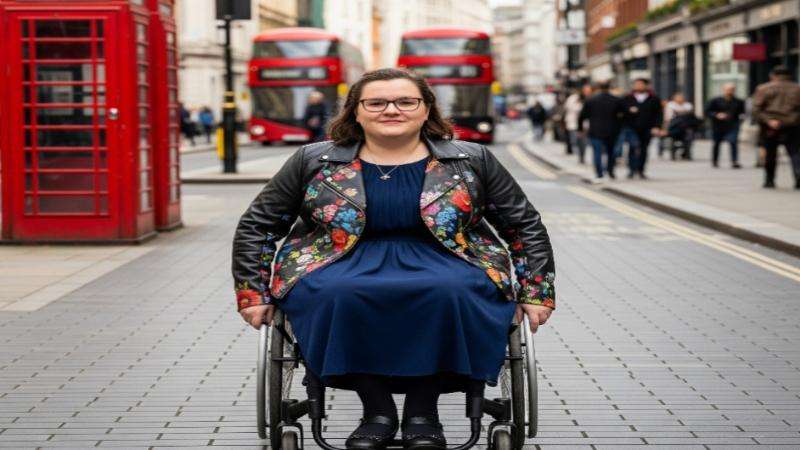


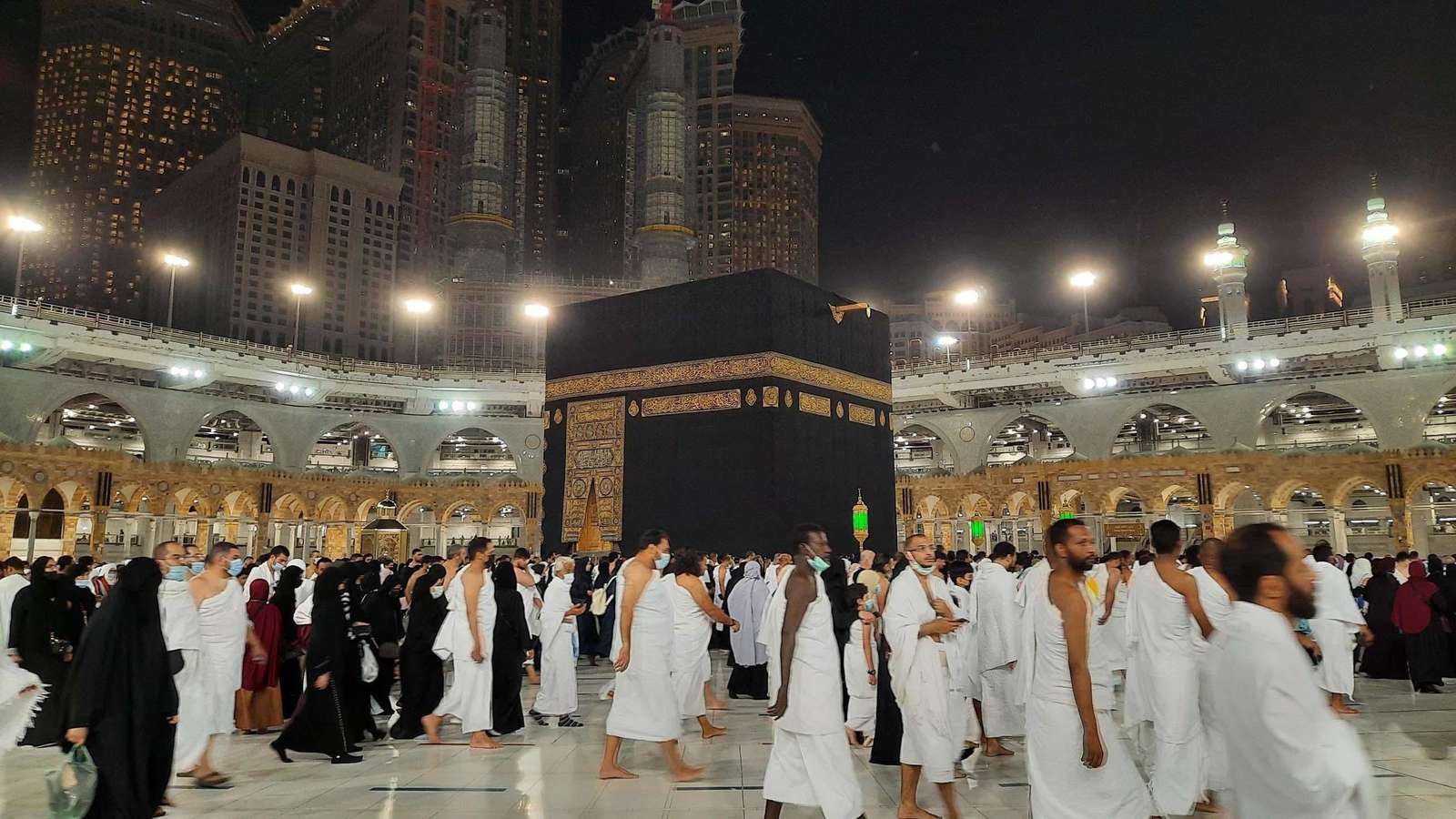
.svg)


